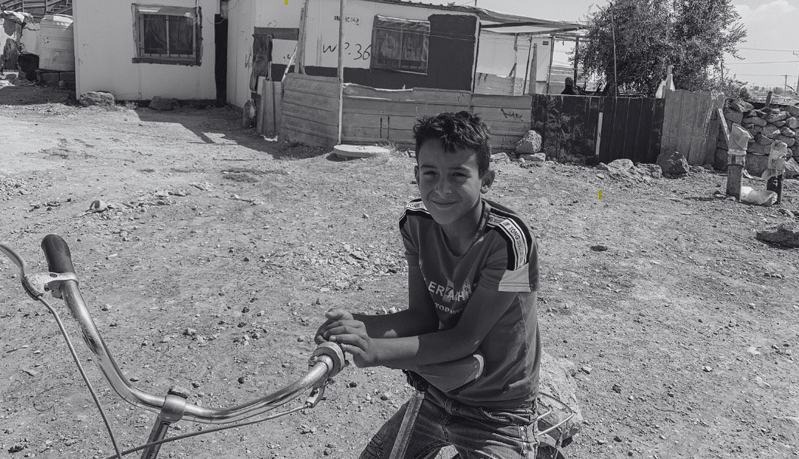
Today, discussions about irregular migration dominate family meals, churches, and aid agencies. Governments are struggling to address the crisis of migrants and refugees crossing their borders, continuing to become a major political issue. Churches and Christians are unsure how to respond, while the media often spread misinformation, adding to the confusion. It is therefore not surprising that many believers have become disconnected from or numb over ideological arguments.
Despite all the misconceptions surround refugees, 99% of the forcibly displaced are not trying to cross into Western countries—nor do they have the resources to do so.
Here are some revealing statistics:
- As of 2023, around 120 million people have been forced to leave their homes. This is roughly 1.5% of the global population!
- At least half of those are stuck within the borders of their own countries, becoming Internally Displaced People (IDPs).
- The remainder are refugees or asylum seekers languish in neighboring countries.
- Less than 1% of the forcibly displaced get the chance to resettle in Western nations or are willing to take dangerous journeys to reach places like Europe, United Kingdom, North America, or Australia.
This 99% of the forcibly displaced have been struggling for decades in regions like Africa, Asia, and the Middle East with no clear solutions for their long-term well-being or livelihood. While we might recognize the desperation and bravery of those who make these perilous journeys—many of whom die at sea or in the desert—the majority remain trapped without safe alternative options or hope for the future.
This raises the question: How can we compassionately and wisely respond to the migration crisis as the global Church?
We can reduce the number of people taking dangerous, irregular routes and falling victim to human smugglers and traffickers.
Solutions
An immediate solution is to focus on proactively helping the ‘other 99%’ find pathways to either return to their home countries or resettle in safer environments. In this way we can reduce the number of people taking dangerous, irregular routes and falling victim to human smugglers and traffickers.
Of course, not all refugees will be able to return home. Some experience persecution or systemic oppression due to ideological beliefs that make it impossible for them to go back to a place without religious or political freedom. But, if we act early, I have seen how possible it is to create opportunities for many to return or relocate, to rebuild their lives and provide a future for their family.
At Philoi Global, in collaboration with the Refugee Highway Partnership, one of our primary goals is resettlement. Obtaining international protections to enable this, however, is not always possible. Furthermore, we acknowledge that it is unsustainable for Western countries to just take in millions of refugees.
That is why we collaborate with churches and partners to address forced displacement at its early stages. This happens through:
- Advocacy—influencing policies at the UN level and advocating at forums like UNHCR and UNHRC.
- Education—equipping and informing displaced young people about the dangers of irregular migration, pointing them to safer options, other potential avenues, and helping make them make legal transition possible. Long-term transition options include educational pathways, labor mobility programs, family reunification, and community sponsorship programs.
With the help of churches, ministries, and individuals around the world, we can provide education and/or employment opportunities for the forcibly displaced. These avenues will support them in building a better future for themselves and their families. Once established they will be free to return to their homelands, relocate within their new host nation, or migrate elsewhere internationally through safe and legal channels.
We invite you to partner with us as an individual or a church to make a meaningful and sustainable difference in the forcible displacement sphere. Join in on the conversations challenging common narratives that lead to apathy about forced displacement issues and anger concerning migration.
If you would like to stay informed or find ways to help, please email info@philoiglobal.org or contact the Refugee Highway Partnership so we can discuss ways to work together to make a difference for the 99%.
Originally published by Philoi Global in collaboration with the Refugee Highway Partnership. Republished with permission.
Jude Simion is CEO of Philoi Global and serves on the Core Leadership Team of Refugee Highway Partnership. Philoi Global responds to the humanitarian gaps of persecuted minorities through relief, relocation, and resettlement; cultivating compassion, unity, and support for the displaced.





